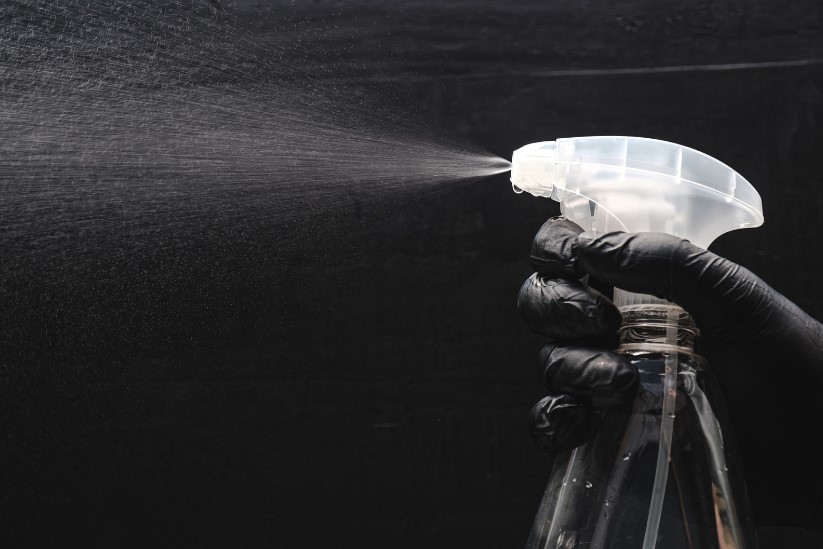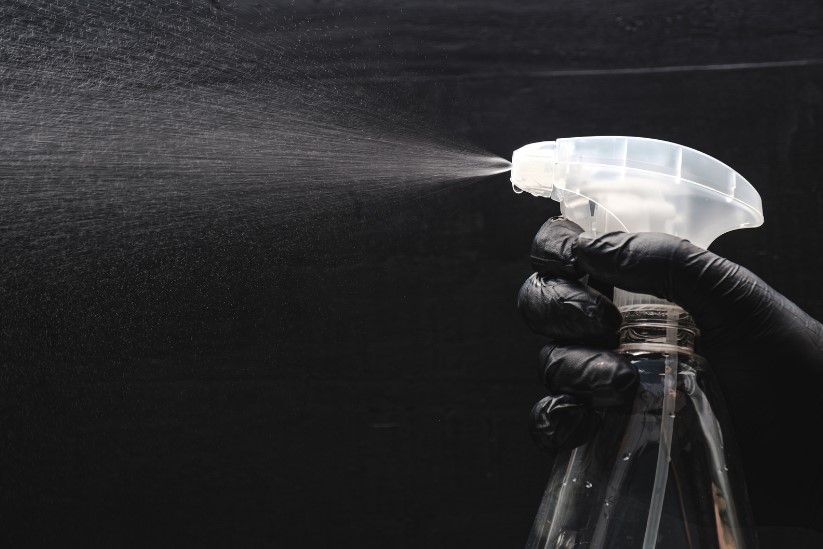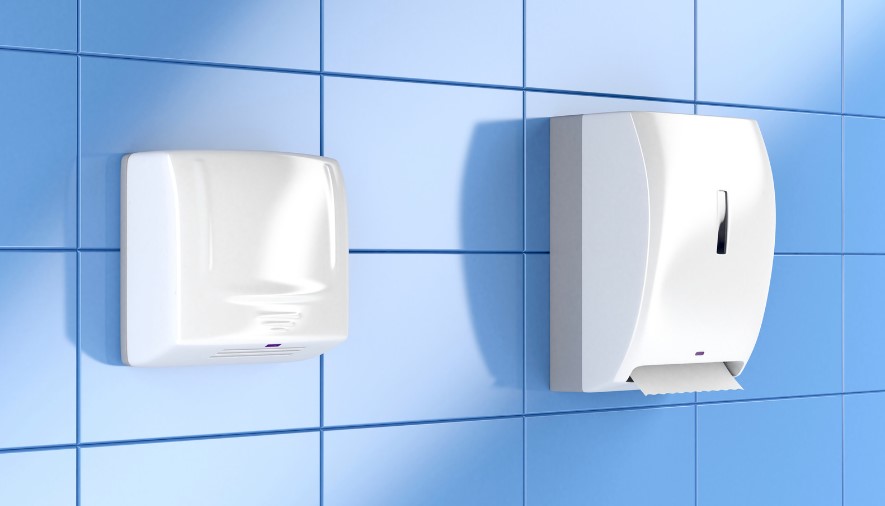
Mould in schools is a serious issue that can affect the health and well-being of both students and staff. It's a problem that needs to be addressed promptly and effectively. Here are seven practical tips to help you keep mould at bay in your school.
1. Reduce Moisture
Mould thrives in damp environments. Therefore, one of the most effective ways to prevent mould growth is to reduce moisture. If there are any leaks in your school building, fix them immediately. Dehumidifiers can also be a great help in reducing moisture levels, especially in areas prone to dampness.
Ventilation is critical too, so ensure that all rooms are well-ventilated. If you notice any surfaces prone to condensation, wipe them down and dry them promptly. These steps are crucial in learning how to prevent condensation and mould.
2. Improve Air Circulation
Air circulation plays a significant role in preventing mould growth. A well-ventilated room can prevent the build-up of moisture that mould spores need to grow. You can improve air circulation by keeping furniture slightly away from walls, allowing air to circulate freely. Ensure that air vents and ducts are unobstructed. In enclosed spaces, consider using fans to improve air movement.
3. Monitor Indoor Humidity
Humidity is another factor that can contribute to mould growth. Ideally, indoor humidity should be kept below 50%. You can measure humidity levels using a hygrometer. If the humidity exceeds the recommended levels, take the necessary steps to reduce it. This could involve using dehumidifiers or increasing ventilation.
4. Promptly Clean And Dry Wet Or Damp Areas
Black mould can quickly grow in wet or damp areas. If you have wet carpets, floors, or furniture, dry them as quickly as possible. Absorbent materials like towels can help soak up excess moisture. Remember, the quicker you dry these areas, the less chance mould has to grow.
5. Regular Cleaning And Maintenance
Regular cleaning and maintenance can go a long way in preventing mould growth. Bathrooms, in particular, need regular cleaning and disinfection. If there are any spills or water damage, clean and dry them promptly. Regularly inspect areas prone to mould growth and clean them as necessary.
6. Renovate With Mould-Resistant Materials
When renovating or repairing your school, consider using mould-resistant products like mould-resistant paint and drywall. These products are specially designed to resist mould growth and can be particularly useful in damp areas, like bathrooms and basements. They are typically non-porous, meaning they don't absorb water, which is one of the key elements mould needs to grow.
7. Direct Water Away From The Building
Ensure the ground outside your school slopes away from the building to prevent water from collecting around the walls and creating a damp environment where mould can thrive. In addition, gutters and downspouts should be kept clean and in good repair to ensure they can effectively channel water away from the building.
End The Mould Menace In Your School With High-Quality Cleaning Products From Power Hygiene
In the pursuit of a healthy and conducive learning environment, no school can afford to overlook the threat posed by mould. By implementing these practical and effective strategies, you can significantly reduce the risk of mould growth.
From using mould-resistant materials in your infrastructure to ensuring proper water management around your building, each step contributes to a safer, healthier school environment. Remember, the key to mould prevention lies in controlling moisture and maintaining good ventilation.
Next Steps – Book A Free Site Cleaning Evaluation
If you're concerned about mould in your school, don't hesitate to seek professional help. Power Hygiene offers a free site cleaning evaluation and a wide range of high-quality cleaning products to help you ensure your school is mould-free. Don't let mould become a problem in your school. Take action today and keep mould at bay.
 Image Source: Canva
Image Source: Canva






Leave a Comment